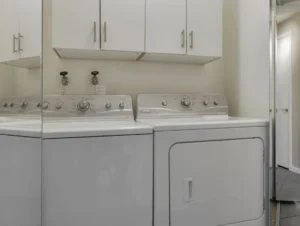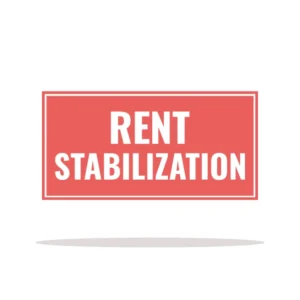Smart Landlord Policies for Pet-Friendly Property Rentals
 Want a surefire way to increase tenant demand for your rental? Take down the No-Pets Allowed sign.
Want a surefire way to increase tenant demand for your rental? Take down the No-Pets Allowed sign.
The decision about whether to allow pets is a tough one for many owners, and there are no right or wrong answers. But some surveys show that nearly 75 percent of renters own pets. That’s a huge pool of potential tenants to turn away.
Tenants who find a welcoming home for Fluffy are also more likely to stay longer, which can reduce vacancy time. For owners renting their property as an investment, being pet-friendly makes good business sense.
But allowing pets isn’t always the right answer for owners renting out a home they plan to return to. For owners who have pets themselves, allowing renters to keep a cat, dog or goldfish will likely make leasing the home faster and easier. For those who haven’t had pets, keeping the rental pet-free is a reasonable choice.
According to a recent survey by Apartments.com, 9 out of 10 renters said deciding where to live hinged on the landlord’s pet policies. Seventy-two percent of renters said they owned pets.
Protecting Your Property When Allowing Pets
How can you avoid the dog that barks day and night and chews the cabinets, or the kitty that favors the closet floor over a litter box? Finding responsible pet owners is key to protecting your property and neighbors’ sanity.
The Humane Society suggests that landlords check references on both the tenant and their animal, including calling prior landlords, the veterinarian and neighbors to ensure the animal behaves and won’t cause serious damage.
The organization suggests owners limit the number of pets allowed in each unit and approve pets on a case-by-case basis, rather that create limits based on size or breed. The Humane Society recommends creating a pet policy that outlines acceptable pet behavior and requires that all pets be licensed, up-to-date on vaccinations and spayed or neutered.
Deposits and Fees
Beyond policies, landlords often charge extra deposits, fees or pet rent to limit risk and cover the cost of additional cleaning or wear and tear animals can cause to the unit, building and grounds. In the Apartments.com survey, nearly 80 percent of renters said they had to pay a fee or deposit for pets, with more than half paying $200 or more per year.
Be aware of what’s customary in your neighborhood plus local laws when deciding how much of a fee or deposit to charge.
D.C. law does not require that you rent to tenants who have pets. Service animals for people with disabilities are an exception. Under Fair Housing laws, landlords must allow service animals, even if a property is pet-free, and may not charge extra fees or deposits.
Whether you decide to allow pets or not, advertising your policy and targeting tenants most likely to appreciate your decision will help you find the perfect tenant faster.
Source: hillnow.com













 Accessibility
Accessibility